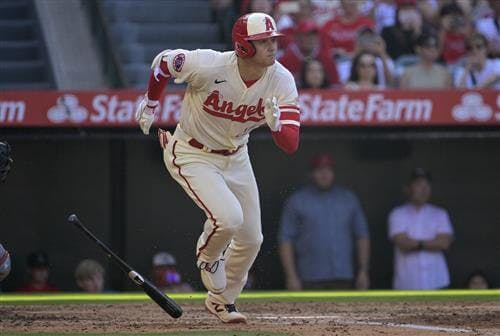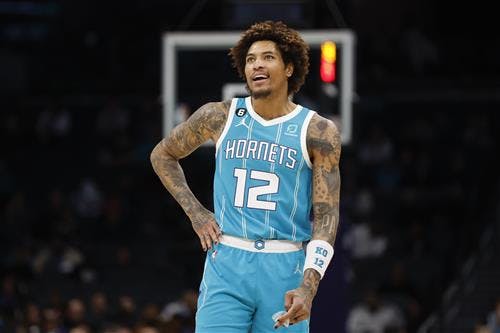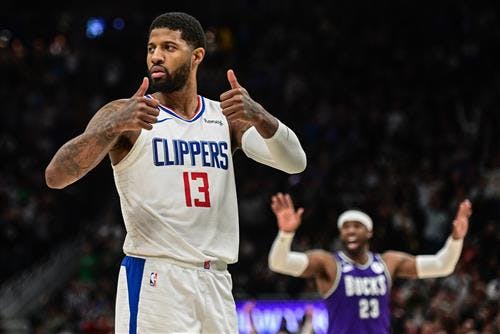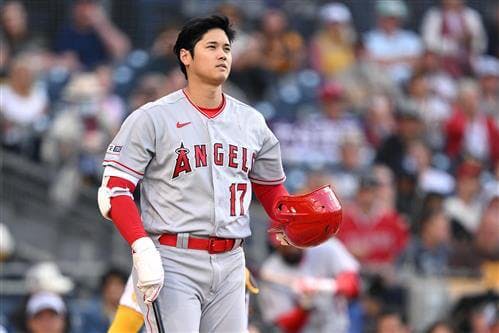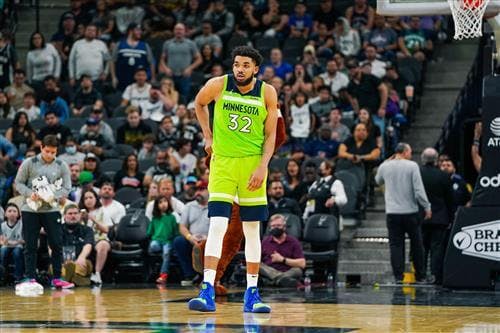The Astros “checked in” with the Cubs about two of the team’s biggest trade chips, as USA Today’s Bob Nightengale writes that Houston inquired about right-hander Marcus Stroman and outfielder/first baseman Cody Bellinger. Either player would essentially be a rental pickup for the Astros, as Stroman and Bellinger are each widely expected to become free agents this winter — Stroman via an opt-out in his contract, and Bellinger in declining his end of a mutual option.
The Cubs are 43-49 after today’s loss to the Red Sox, and are facing an increasingly uphill battle in both the NL Central (though Chicago is the only NLC team with a positive run differential) and NL wild card races. Unless the Northsiders go on a real hot streak over the next two weeks, it looks like the Cubs again be looking to sell some veteran players at the August 1 trade deadline.
Houston GM Dana Brown has cited both starting pitching and a left-handed hitter as his team’s two primary target areas heading into the deadline, and landing Stroman and Bellinger in one mega-deal would check both boxes at once, if such a blockbuster trade could be negotiated. Of course, it isn’t known at this point whether or not the Astros’ inquiries were anything more than due diligence, and it may be yet some time before the Cubs determine whether or not to pivot into seller mode. President of baseball operations Jed Hoyer said yesterday that “there is nothing we want more than to add,” so if the Cubs are even still on the fringes of the playoff race, they might still opt to keep their roster mostly intact.
From a financial perspective, the Astros’ luxury tax number is approximately $218.2MM, as per Roster Resource. This is well under the first $233MM tax threshold, giving Houston some room to add salary — such as the roughly $10.43MM still owed to Stroman and the $5.21MM owed to Bellinger, plus the $5MM buyout of his mutual option — while avoiding a tax bill entirely. Houston were taxpayers in 2020, however, and it isn’t out of the question that they could absorb another one-year tax hit in the first penalty tier in pursuit of another World Series title. Of course, Chicago isn’t entirely in salary-dump mode since the organization clearly wants to compete as early as 2024, so the Astros could make a deal for either player more likely by offering more of a prospect return than a financial return. In that scenario, the question might be how much minor league depth would the Astros want to surrender for a rental player.







